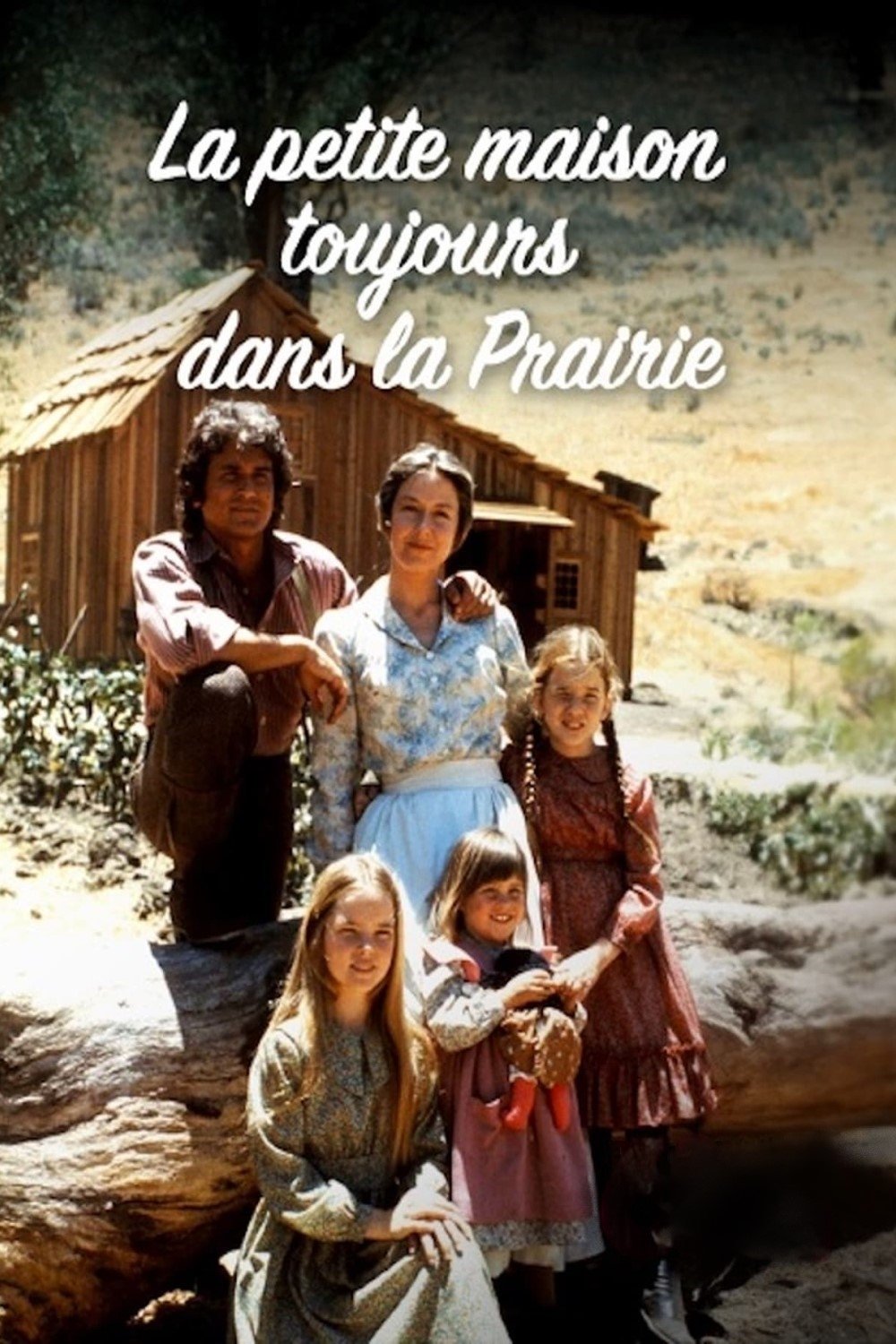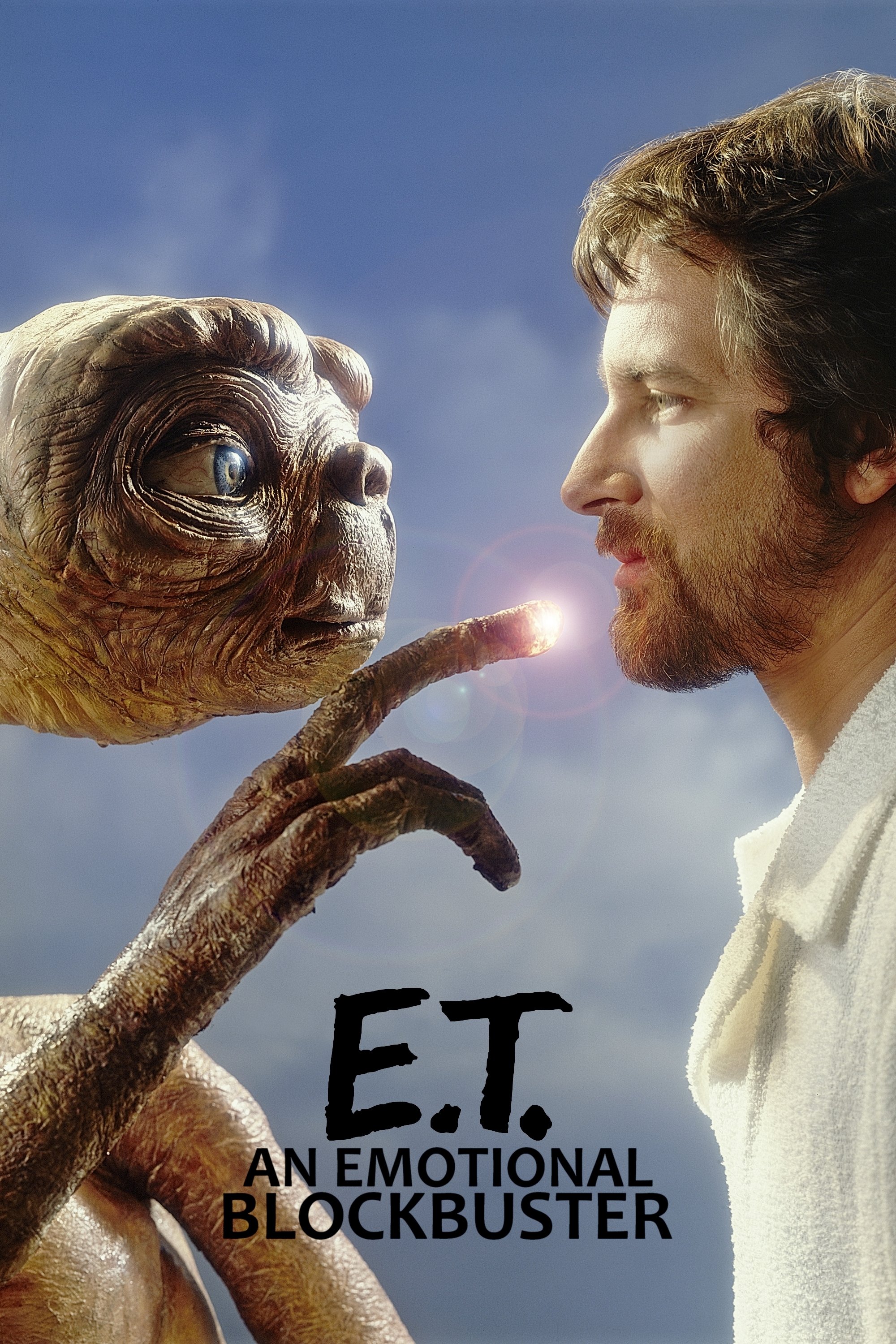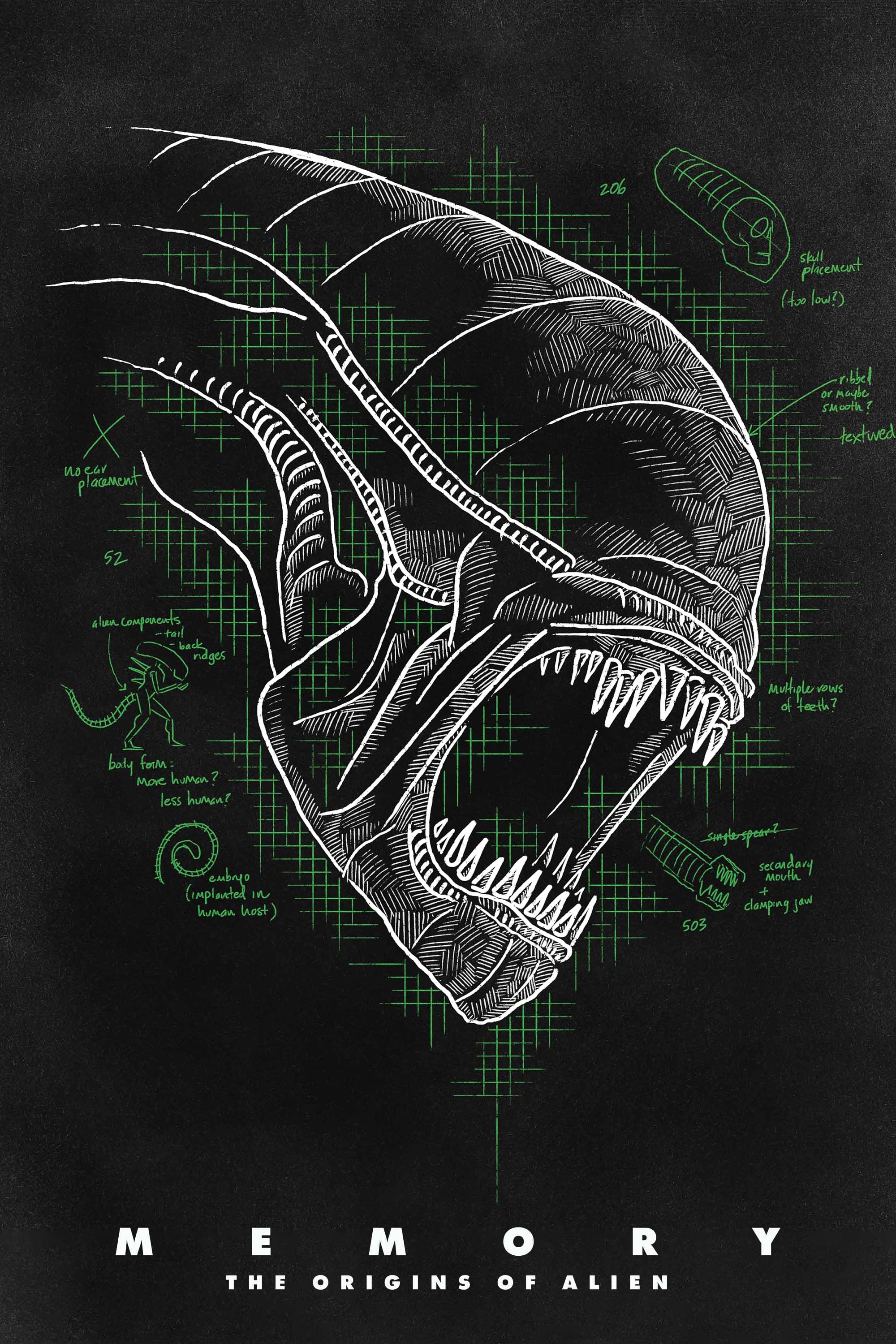
Browse all content tagged with this keyword.
Showing 20 results



E. T. the Extra-Terrestrial, Steven Spielberg's endearing movie released in...

How could the Cannes Film Festival become the biggest cinema...

The untold origin story behind Ridley Scott's Alien - rooted...

"A man went looking for America.... And couldn't find it...

OUTATIME... tells the incredible comeback story of the world's most...

A retrospective documentary about the groundbreaking horror series, Friday the...